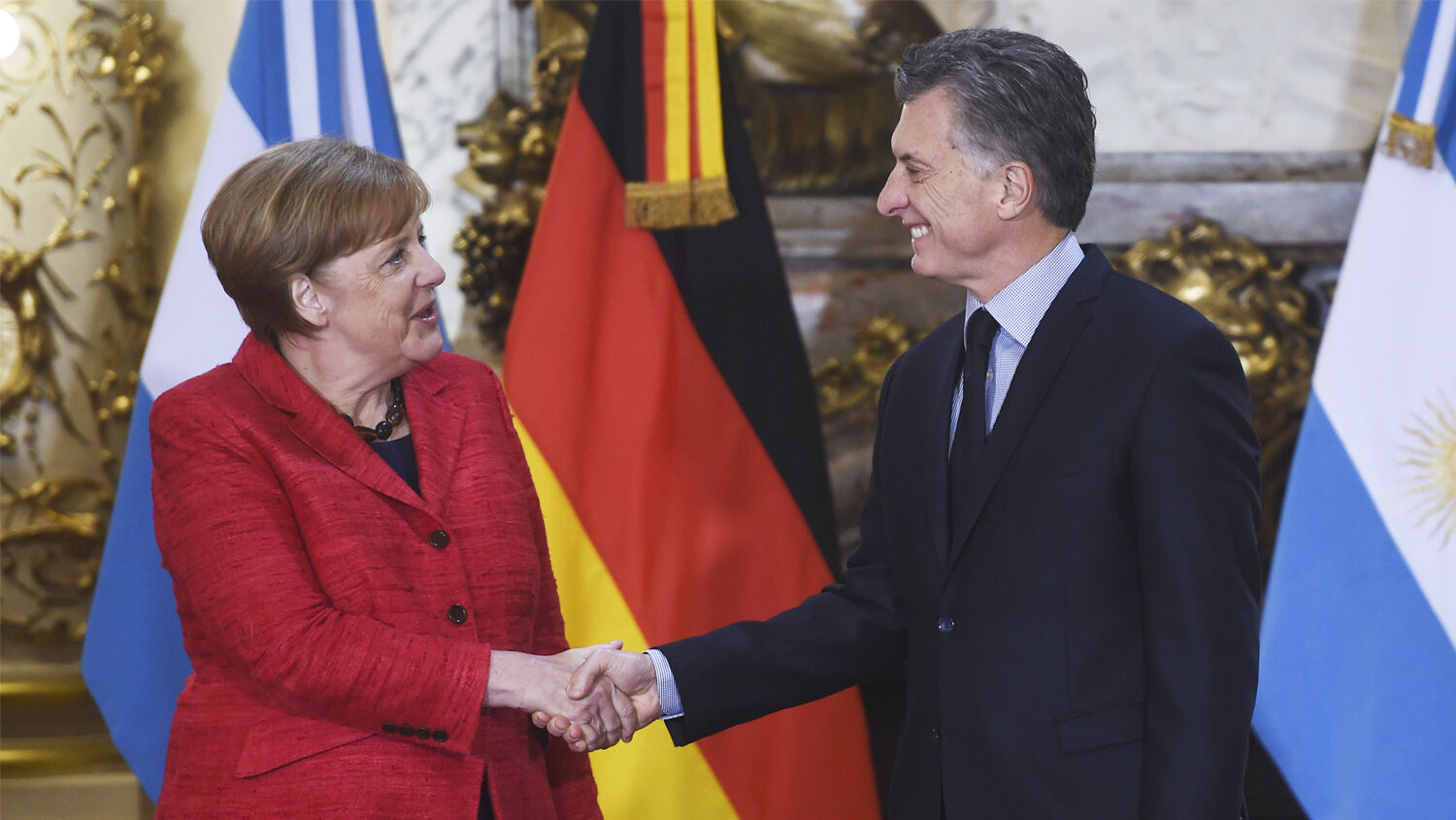
Latin America Hopes on Germany
German Chancellor Angela Merkel visited Latin America from June 8 to 11 ahead of July’s G-20 summit in Germany. The media, as well as the Argentine and Mexican heads of state, warmly welcomed her as their new best friend in the era of United States President Donald Trump. Both Europe and Latin America are worried they may lose the U.S. as a vital partner and now look to each other to guarantee their survival.
On June 8, Angela Merkel started her visit with a trip to Argentina. Facing rumors that she would attempt to forge an anti-Trump alliance, Merkel said at a press conference with the Argentine president that just as others look for allies, “Germany is looking for allies in the affairs that are important to us.” She emphasized that it should not be seen as an attempt to form an alliance against President Trump. Nonetheless, that is how most understood her visit.
In the meetings with Argentine President Mauricio Macri in Buenos Aires, Chancellor Merkel expressed her hopes for an early conclusion of a free-trade agreement between the European Union and mercosur, the common economic market of South America, the most vital partners being Brazil and Argentina. The two economic blocs have worked previously on trade agreements, but President Trump’s isolationism gives the two partners the urgency to act quickly.
German newspaper Handelsblatt commented on the alliance, saying: “This would create a toll-free zone with over 800 million people. Due to the uncertainty of the U.S. trade policy under President Trump, trade with South America could experience a new boom” (Trumpet translation throughout).
Many German companies have previously settled in Argentina, but Macri’s predecessor, Cristina Fernández de Kirchner, imposed the policy of isolating Argentina internationally, making cooperation between the two countries difficult. German companies are now hoping for improved cooperation. Merkel welcomes Argentina’s new openness and recognizes its need for modern infrastructure, which Germany would be happy to help with, Merkel said on her visit.
On Friday, June 9, Merkel landed in Mexico, Europe’s most vital partner in Latin America. But the good relationship between the two is endangered by President Trump’s threats against Mexico. Germany and Mexico are the two countries that have been most severely criticized by Mr. Trump. But even more than Germany, Mexico’s economic survival hinges on cooperation with the United States, since about 80 percent of its exports are shipped to its northern neighbor.
Germany also benefits from Mexico’s economic position. But as Trump threatens to change this, the two countries look for different ways to increase cooperation. Latin America’s second-largest economy is favored as an investment location for companies from all over the world and has proved to be a reliable partner in free trade. Handelsblatt commented on June 11: “Mexico offers exceptionally good conditions for German companies. The country’s attractions are its low wages, high productivity in sectors like the automobile production, and close proximity to the U.S.”
But Mexico urgently needs a new partner to secure its economic position. Therefore, Merkel promised to conclude the new free-trade agreement with Mexico and the EU “at best still within this year.”
The media coverage in Germany as well as in Latin America shows that the meetings have high expectations. Although Merkel does her best to avoid being seen as the alternative to Trump, it is seemingly impossible for her to lose the title as the new leader of the free world. “Mexico recognizes the political leadership position of Ms. Merkel not only in Europe,” said Mexican President Enrique Peña Nieto in her presence.
Merkel also stressed that building walls against immigration, as President Trump plans (though she didn’t mention his name), is not a solution to the problem. Instead, she said one has to find the reason why people are fleeing and fix the problem at the source. After Trump’s ongoing criticism against Mexico, Merkel’s words were received as a great comfort.
The nearly 1,900 German companies that oppose Trump’s ongoing threats also see great hope in Merkel’s visit. Despite the problematic relationship to the north, German companies are very hopeful. They even plan on hiring more employees this year and increasing investments in the country, according to a survey from the Association of German Chambers of Commerce and Industry that was commissioned by World Business Outlook. A majority of 65 percent even believes that their business will grow over the next 12 months.
The timing of Merkel’s meetings are crucial for her as well. The G-20 summit this year will be held in Hamburg, Germany, in just about four weeks. Mexico, Argentina and many other nations at the summit now look to her leadership and direction in these uncertain days. With her visit, she has ensured the support of two vital partners in an alliance that will work, if necessary, without the U.S.
The Plain Truth wrote in 1962, “The United States is going to be left out in the cold as two gigantic trade blocs, Europe and Latin America, mesh together and begin calling the shots in world commerce.” Today, we see it coming to pass. If you want to learn more about the danger that the United States is facing, read our article “Latin America: Front Line of Trade War.”
